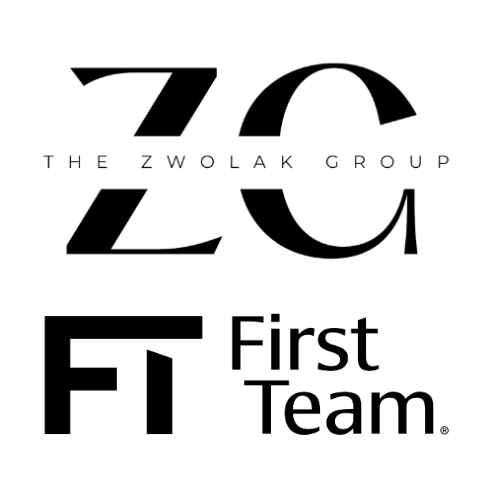Renting a property is a common housing solution for millions of people worldwide. Whether you’re a tenant searching for a new place to call home or a landlord managing rental properties, understanding what expenses each party is responsible for is crucial. In this blog post, we will delve into the topic and outline what tenants and landlords should be paying for. Let’s dive in!
Rent: First and foremost, let’s start with the obvious. Rent is the primary financial obligation for tenants. It covers the cost of living in the property and provides landlords with a steady income. The rent amount is typically agreed upon in the lease or rental agreement and should be paid promptly as specified.
Utilities: Utilities such as electricity, gas, water, and sewer services are usually the responsibility of the tenant. These services are essential for everyday living and can vary depending on the size of the property, usage, and local regulations. Tenants should inquire about utility costs before signing a lease and ensure they set up the necessary accounts in their name.
Maintenance and Repairs: Both tenants and landlords have responsibilities when it comes to property maintenance and repairs. Landlords are typically responsible for structural repairs, fixing major appliances, and ensuring the property meets health and safety regulations. On the other hand, tenants are responsible for minor maintenance tasks like replacing light bulbs, unclogging drains, and maintaining cleanliness within their rented space.
Property Insurance: Landlords are generally responsible for obtaining property insurance that covers the structure, but it’s essential for tenants to consider purchasing renter’s insurance. Renter’s insurance protects tenants’ personal belongings in the event of theft, damage, or natural disasters. It’s an affordable way to ensure peace of mind and financial protection in case of unforeseen circumstances.
Property Taxes: Property taxes are typically the responsibility of the landlord. These taxes contribute to the local community and are often based on the assessed value of the property. Landlords factor property taxes into the rent they charge, ensuring that their expenses are covered.
Homeowner’s Association (HOA) Fees: If the rental property is part of a homeowner’s association, the responsibility for HOA fees may vary. In some cases, landlords pay these fees to ensure tenants can enjoy community amenities. However, it’s essential for tenants to clarify this matter before signing the lease to avoid any misunderstandings.
Common Areas and Amenities: When renting a property within a larger complex or building, tenants often have access to common areas and amenities such as swimming pools, gyms, parking spaces, or outdoor recreational areas. In many cases, landlords are responsible for maintaining these spaces and covering associated costs, while tenants can enjoy their benefits as part of their lease agreement.
Renting a property involves a shared responsibility between tenants and landlords. By understanding what each party should be paying for, it becomes easier to establish clear expectations and maintain a harmonious landlord-tenant relationship. Remember, reviewing the lease agreement thoroughly and discussing any concerns with the landlord before signing can help avoid potential conflicts and ensure a positive renting experience for all parties involved.
The information contained, and the opinions expressed, in this article are not intended to be construed as investment advice. First Team Real Estate and The Zwolak Group does not guarantee or warrant the accuracy or completeness of the information or opinions contained herein. Nothing herein should be construed as investment advice. You should always conduct your own research and due diligence and obtain professional advice before making any investment decision. First Team Real Estate, or The Zwolak Group will not be liable for any loss or damage caused by your reliance on the information or opinions contained herein.





